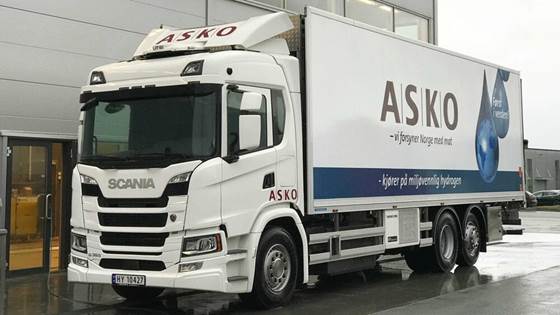The transport sector accounts for a significant share of the world's greenhouse gas emissions and poses an environmental and health risk in ever-growing urban communities. Sustainable transformations of mobility and transport systems are necessary to meet increasingly acute challenges following climate change, scarcity of space, and threats to biodiversity and the environment.
Interaction between new technology and societal processes
Sustainability transitions center around new technology and new energy carriers, such as electric cars and electric scooters, or alternative fuels for trucks, ships and aircraft. Such innovations must be supported by changes in policy and legislation, market development and infrastructural changes, new cultural values, and social norms.
SINTEF aims to understand the interplay between new technology and societal processes and the conditions for change that this creates.
In order to drive transition processes, it is also necessary to re-evaluate the current function, organization and practice of transport systems. Although technological advances are central to the successful transformation of transport systems, they also depend on behavioral and structural changes related to how much, where and how people and goods travel.
In order to succeed with sustainability transitions in transport, SINTEF is among other investigating how the transport system can be transformed through sustainable consumption and travel behavior, alternative supply chain structures, and holistic planning that incorporates mobility the development of cities, neighborhoods and communities. This knowledge is crucial for effective decision-making in society and business.
SINTEF's research in this area constitutes an important decision basis for public actors in municipal, county and state administration, and for business actors in the maritime sector, the port sector, and the road transport sector. This research is particularly important as a basis for managing and steering transition processes in companies and enterprises, as well as in entire sectors.



